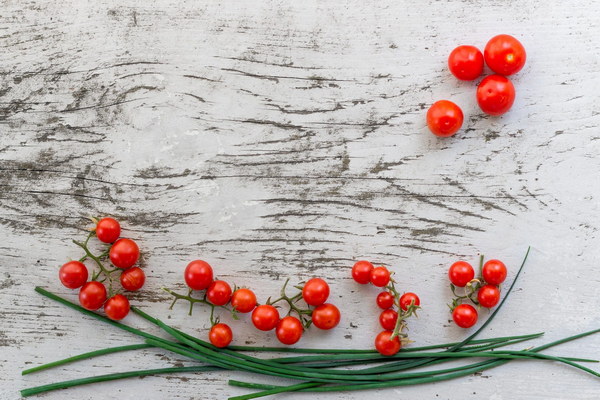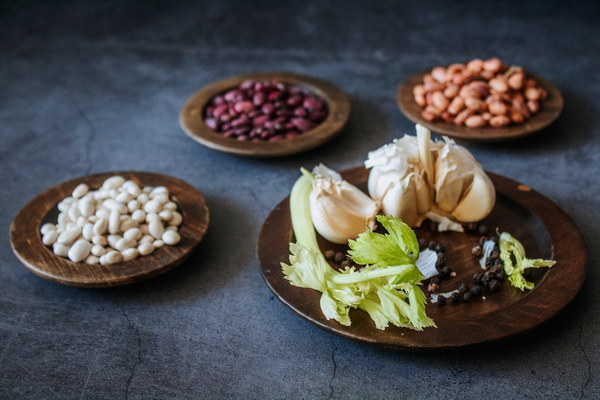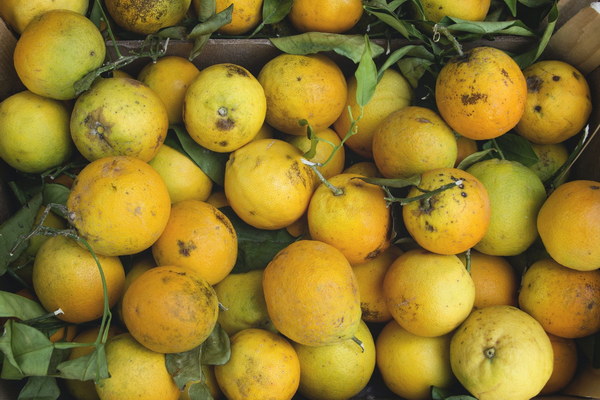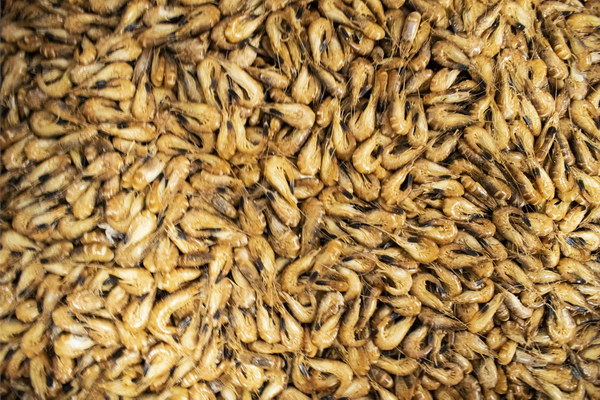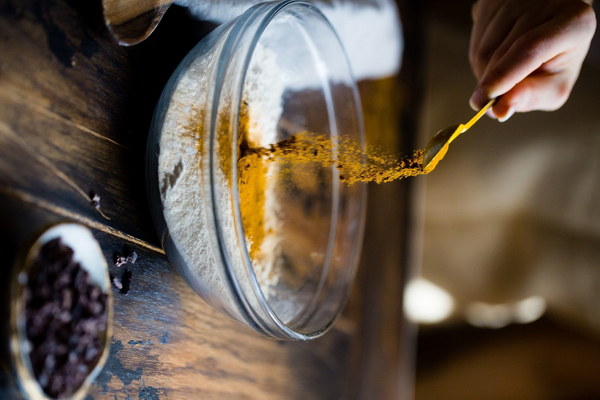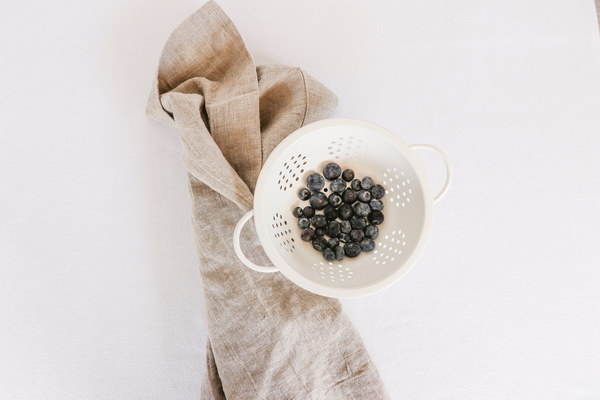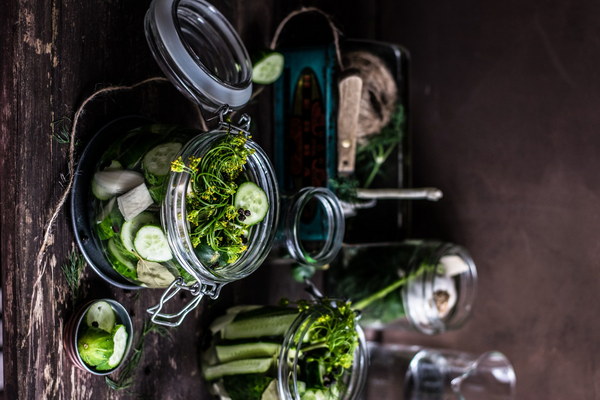Nourishing the Heat-Phlegm Constitution A Guide for Humid and Warm Individuals
Introduction:
In traditional Chinese medicine, individuals with a heat-phlegm constitution often experience symptoms such as fatigue, irritability, and a propensity for dampness-related conditions. This article aims to provide guidance on how to nourish and balance the body for those with this constitution, focusing on dietary, lifestyle, and herbal remedies.
I. Understanding the Heat-Phlegm Constitution:
The heat-phlegm constitution is characterized by an excess of heat and phlegm in the body, leading to a range of symptoms. Common symptoms include:
- Excessive sweating
- Greasy, thick, or sticky phlegm
- Fatigue
- Irritability
- Digestive issues
- Mucus production
- Sensitivity to heat and humidity
II. Dietary Recommendations:
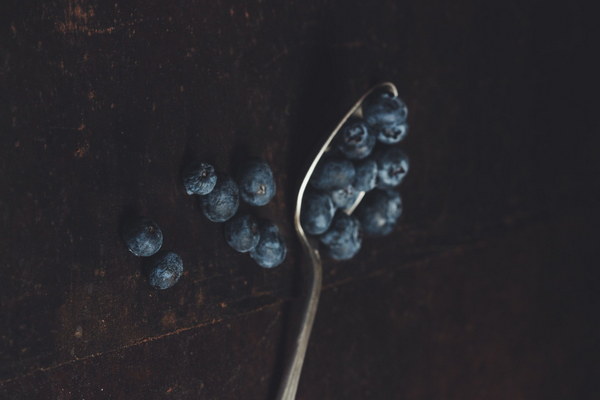
1. Avoid spicy and fried foods: These foods can exacerbate heat and phlegm in the body, leading to further symptoms.
2. Incorporate cooling foods: Foods with a cooling nature, such as cucumbers, watermelons, and mint, can help alleviate heat and phlegm.
3. Include bitter and pungent flavors: Bitter and pungent flavors can help clear heat and phlegm. Examples include bitter melon, radish, and scallions.
4. Opt for warm, cooked foods: Consuming warm, well-cooked foods can aid digestion and prevent dampness.
5. Stay hydrated: Drink plenty of water throughout the day to support the body's elimination processes.
III. Lifestyle Recommendations:
1. Practice regular exercise: Engaging in moderate exercise, such as walking, swimming, or tai chi, can help regulate the body's energy and promote healthy circulation.
2. Get adequate sleep: Ensuring 7-9 hours of quality sleep each night can help the body recover and balance its internal systems.
3. Manage stress: Stress can exacerbate heat and phlegm in the body. Techniques such as meditation, yoga, and deep breathing exercises can help manage stress levels.
4. Avoid exposure to extreme temperatures: Both hot and cold environments can disrupt the body's balance, so try to stay in a moderate temperature.
IV. Herbal Remedies:
1. Phellodendron: This herb is known for its cooling properties and can help alleviate heat and phlegm in the body.
2. Scutellaria: Scutellaria has a cooling nature and is often used to clear heat and phlegm in the lungs and respiratory system.
3. Astragalus: This herb can support the immune system and help regulate energy levels, making it beneficial for those with a heat-phlegm constitution.
4. Schisandra: Schisandra is known for its adaptogenic properties, helping the body cope with stress and maintain balance.
Conclusion:
Nourishing a heat-phlegm constitution requires a combination of dietary adjustments, lifestyle changes, and herbal remedies. By following these recommendations, individuals with this constitution can achieve a greater sense of balance and well-being. Remember to consult a healthcare professional before starting any new treatment or making significant changes to your diet or lifestyle.

